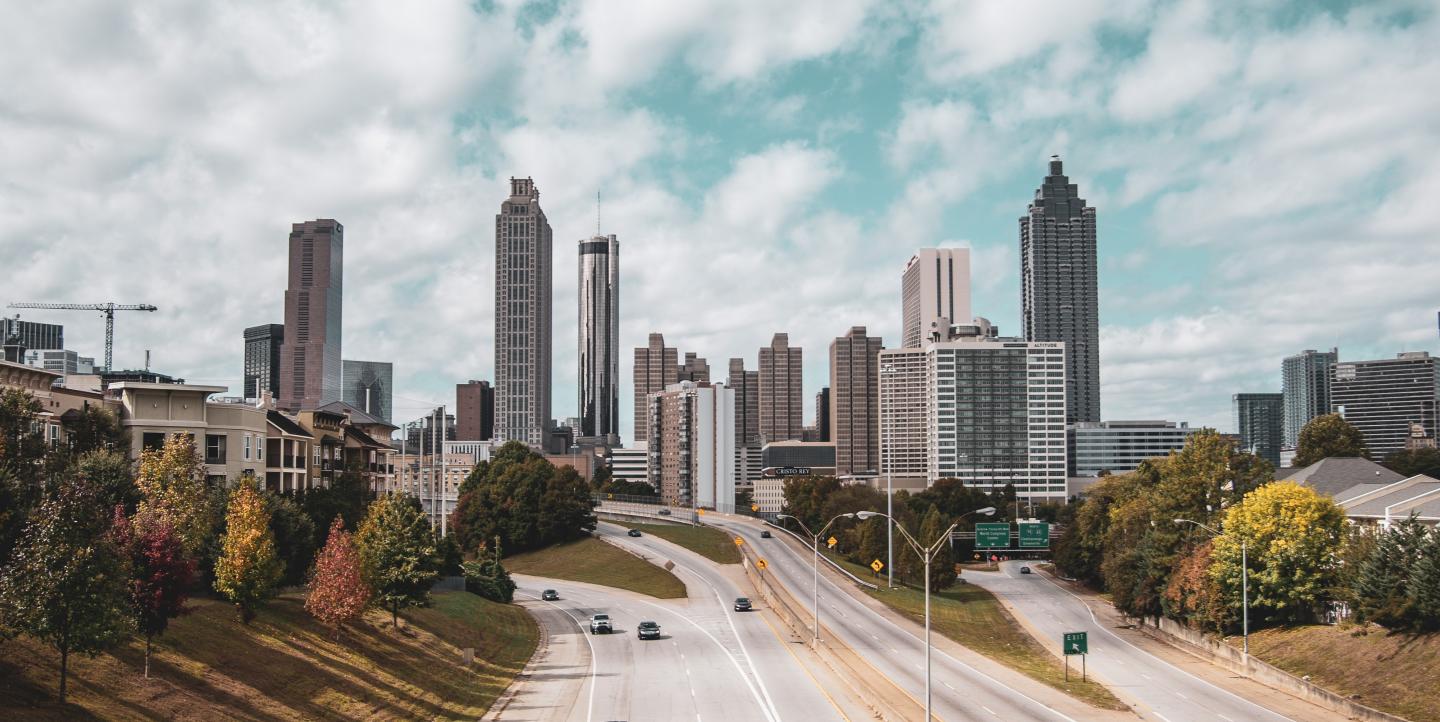On March 16, eight people were killed at three separate spas in metro Atlanta. Of the victims, six were identified as Asian. This attack came in the midst of increased attacks on Asian American Pacific Islander (AAPI) communities in the U.S. during COVID-19. To help newsrooms covering this incident, as well as the larger story of anti-Asian racism, we have republished a guide from the Asian American Journalists Association (AAJA).
The shootings in Atlanta on March 16 killed eight people. Six of the victims were identified as Asian and seven were women. At least four of those killed were of Korean descent.
The Asian American Journalists Association (AAJA) urges newsrooms to:
- Take caution with language in news coverage that could fuel the hypersexualization of Asian women, which has been linked to violence and discrimination.
In describing the businesses affected by the shootings, newsrooms should avoid terminology and connotations of prostitution or sexualization. We recommend they be described as “spas,” “businesses,” or by their proper names: Young’s Asian Massage Parlor, Aromatherapy Spa and Gold Spa.
- Provide context. We urge newsrooms to cover the shootings in the context of the current rise in attacks on Asian Americans. These shootings have come during a time of increasing attacks on the AAPI community, and heightened fear among AAPI communities across the country.
- Understand anti-Asian racism and invisibility. Racism against AAPIs is highly nuanced, complex, and has remained historically invisible, and includes a long history of hypersexualization of Asian women that is rooted in Westernized and colonial perceptions of Asia.
This is inextricably linked to harassment and sexualized violence against Asian women. Women of Asian descent have reported 2.3 times more incidents of violence than AAPI men, according to a new Stop AAPI Hate report of nearly 3,800 hate incidents reported since March 2020.
[Read more: Rethinking news coverage of mass shootings in the age of gun violence]
- Diversify your sources by interviewing and quoting AAPI experts. AAJA’s speakers bureau, AAJA Studio, includes AAPI researchers, experts and thought leaders with expertise in equal rights, hate crimes, AAPI history, racial justice and community-building work, racial profiling and discrimination.
- A local coalition of AAPI civil rights, advocacy, and direct service organizations have compiled a list of AAPI community contacts for media.
- AAJA Studio is not an exhaustive list of experts, and we encourage reaching out to AAPI studies professors and scholars as well.
- When more information emerges about the victims’ identities, center their stories and those within the community. Please consult members of the AAPI community to ensure accurate spelling and pronunciation of Asian names.
- A local coalition of AAPI civil rights, advocacy, and direct service organizations have compiled a list of AAPI community contacts for media.
[Read more: Taking time off to recover from trauma or burnout]
- Empower and support your AAPI journalists and colleagues. Newsrooms must provide AAPI journalists with the necessary mental wellness support as our community faces increased anti-Asian violence and sentiment. AAPI journalists are underrepresented in newsrooms across the country, especially in leadership positions. AAJA has compiled a list of mental health resources for journalists experiencing grief and trauma.
AAJA stands with our AAPI journalists, who have been subject to violence and discrimination over the past year and as anti-Asian incidents have risen during the coronavirus pandemic. Many of our journalists are pushing for — many times, quietly and without recognition — increased coverage of AAPI experiences. Many are experiencing compounding trauma while covering the violence. We commend their dedication and resilience.
This is a developing story, and AAJA will update our guidance as necessary.
Editor's note: We understand AAJA is updating these guidelines to better address how to report on the connection of this story to the sex work industry. We will update it when we have those guidelines. In the meantime here's our resource on reporting on sex work.
For more resources on covering Asia and Asian Americans, check out the AAJA guide. AAJA has also collected resources on mental wellness, which you can find here.
Main image CC-licensed by Ronny Sison.

